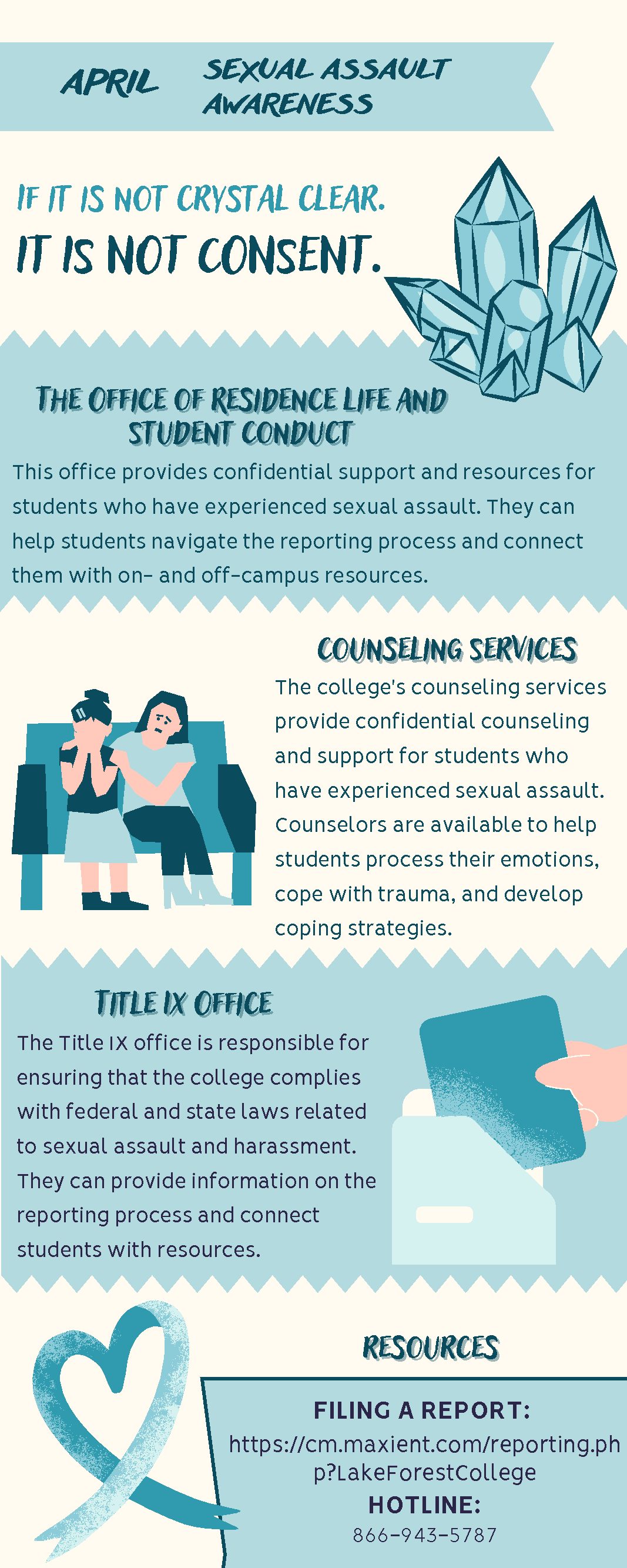Sergio Bardesi-Texocotitla
A&E and Chive Editor
Then Democratic candidate, now President, Joseph R. Biden promised in February 2020 that, if the opportunity arose, he would put a Black woman on the Supreme Court. Following a series of losses in the primary race, he made this promise to drum up Black support in South Carolina, according to an article from the The New York Times. He continued repeating this, causing Black voters to revive his candidacy.
Now, President Biden faces the opportunity to act on his promise.
On January 27, 2022, Supreme Court Justice Stephen Breyer announced his decision to retire at the end of his term at the beginning of October 2022, according to NPR. Biden stated, “The person I will nominate will be someone with extraordinary qualifications, character, experience and integrity, and that person will be the first Black woman ever nominated to the United States Supreme Court. It’s long overdue, in my view.”
In the past weeks, various media outlets speculated about the most likely nominees for Breyer’s seat. Judge Ketanji Brown Jackson, Justice Leondra Kruger, and Judge J. Michelle Childs are under consideration.
Needless to say, they’ve made tremendous accomplishments. All women sit in high-level positions in the American court systems. Ketanji serves as a circuit judge of the U.S. Court of Appeals for the District of Columbia Circuit, Kruger sits as a justice for the California Supreme Court, and Childs serves as a judge at the Federal District Court in Columbia, S.C.
President Biden must act on this promise, considering that approximately 87% of the Black electorate voted for him, according to a poll by The New York Times. Of Black women, approximately 90% voted for Biden.
“I think it’ll be a moment of pride, particularly for women of color,” said lecturer of religion Julius Crump. In a lecture Crump gave, “[Crump] framed it [the lecture] by talking about his [Biden’s] acceptance speech in Delaware… [Biden] was very clear that Black church women in South Carolina really revived his candidacy because he [Biden] was getting beat, fairly soundly, until he [Biden] got to South Carolina.”
Crump summarized then-candidate Biden’s promise to “South Carolinians” that, “if I’m elected, not only would I choose a VP that’s a woman of color, I would…nominate a Black woman to the Supreme Court.”
In an interview with Chloe Johnson, a Black, senior multimedia media major at Loyola University Chicago, she summarized the issue of tokenism: “Look, we’re solving our diversity issues. There’s no more race problems! We see Black people in high places; therefore, America is not racist anymore!”
Johnson said, “I think it’s really hard, honestly, because…I want to see diverse people in these high positions. I want to see people like me…I want to see those people [of color] in these positions. I’m tired of seeing the same old same old.”
Consider that, in recent history, the first woman, Sandra O’Connor, appointed to the U.S. Supreme Court was in 1980 under President Ronald Reagan. Since then, only a total of five women have served on the court. As for African Americans, only two men have been appointed since 1967 when Lyndon B. Johnson nominated and appointed the first Black man, Thurgood Marshall. Black Justice Clarence Thomas currently serves, being the second Black man.
There have been a total of 115 justices in U.S. history.
As of Feb. 16, ABC News said that President Biden will begin interviewing candidates next week. He promised to have a nominee by the end of the month.



